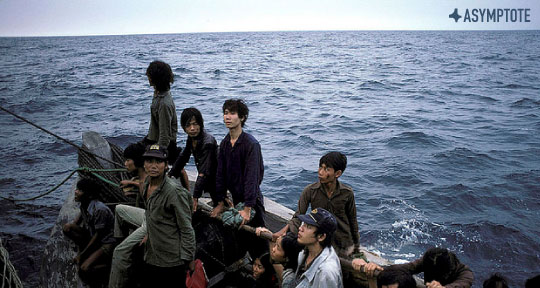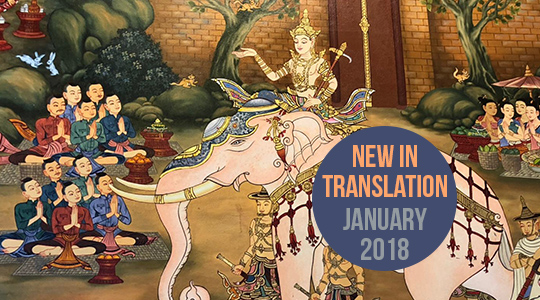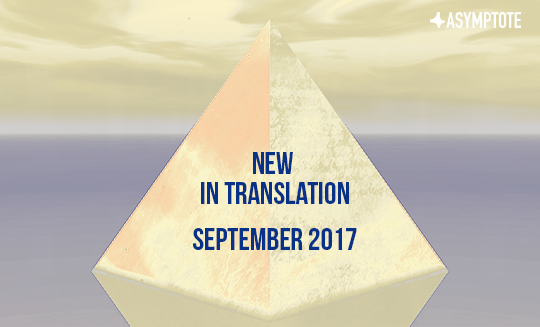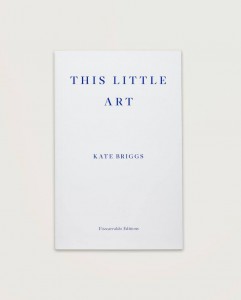This August and September, we celebrate the independence days of several countries in Southeast Asia, including Singapore (9 August), Indonesia (17 August) and Vietnam (2 September). In today’s blog post, Asymptote travels to Southeast Asia to reflect on writing from the past. Having gained independence from Great Britain, Holland and France, the literatures of these countries often address complex post-colonial histories and the multilingual environs of post-independence life. We asked Asymptote Editors-At-Large Theo, Norman, and Khai, to tell us more about a local writer worth knowing more about, in celebration of national freedom and identity.
Few remember the scene, but for two weeks in November 1960, passers-by on Singapore’s busy Stamford Road stopped to cheer on forty librarians as they formed a human chain to transfer 150,000 books – then the entire national collection – from the dusty shelves of the old colonial museum to a new, purpose-built National Library. Singapore had just achieved self-government, and amid rapid political change, the city was in the mood for new beginnings. Behind this audacious plan was Hedwig Anuar: writer, activist, war survivor, and the first Singaporean Director of the National Library.














